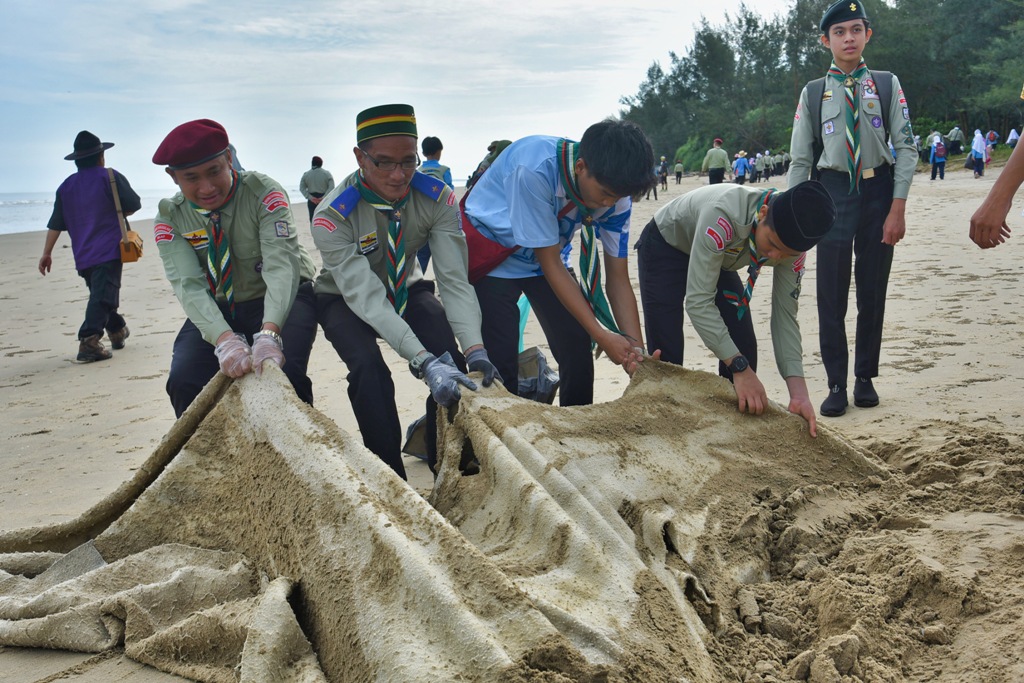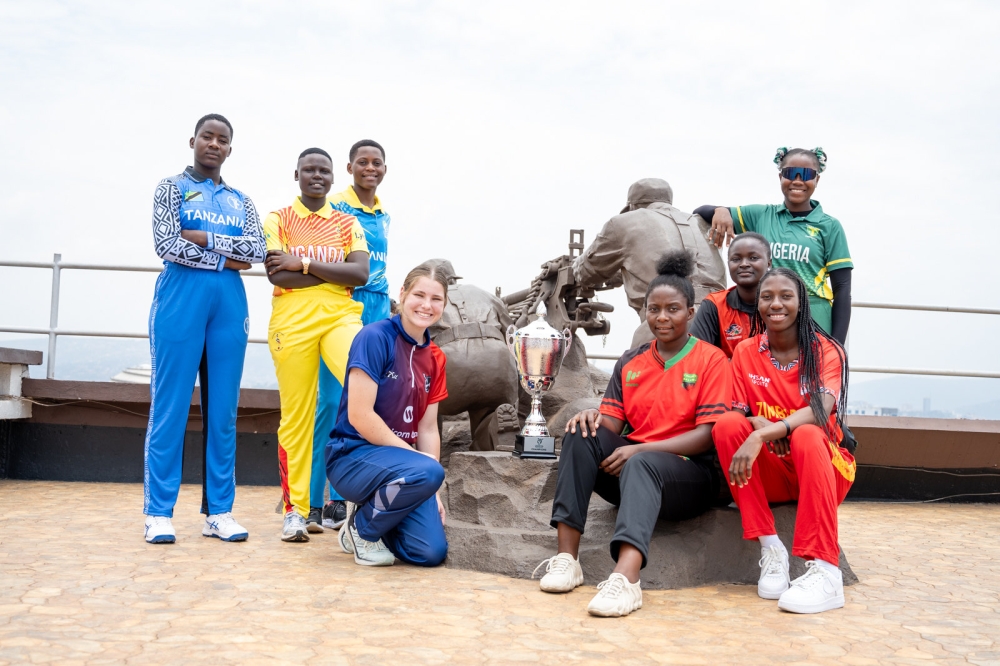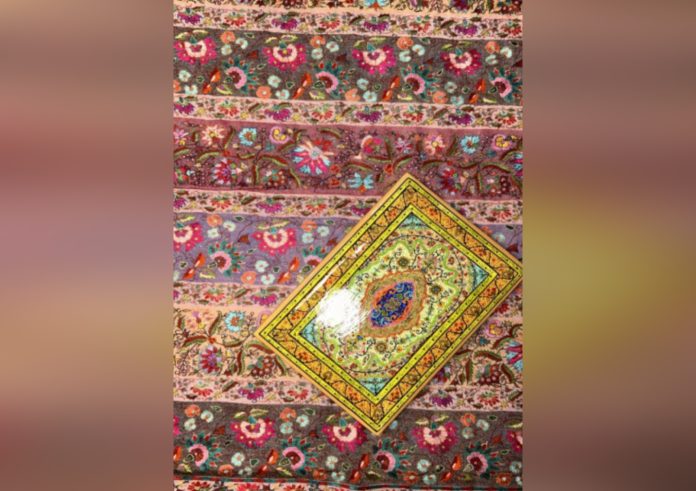En guarde, L.A. Not a sellsword, no sir, but a great swordsman – and salesman – Nick Itkin is warning you .
.. or, rather, inviting you: Tune into fencing in 2028 when the Olympics are staged here, in his hometown.

“We’re gonna put on an amazing show for everyone,” the Olympic fencer said this week, his bronze medal – banged up already from all the show and tell since Itkin won it in the men’s individual foil July 29 in Paris – ready to show off another time over Zoom, at my request. “So keep in touch with the sport and in 2028 make sure you have all your TVs on to see us go crazy.” If you think you might enjoy Itkin’s brand of swashbuckling, high-stakes, high-passion go-crazy, you’ll want to take his advice.
Itkin, 24, is an L.A. guy, a natural-born athlete, the son of Ukrainian immigrants, a fencer and a rhythmic gymnast.
A Palisades High School graduate who’s always been coached by his father, Misha, and who used to lie to people and tell them he was going to soccer practice because it was too embarrassing to tell them he was doing a sport as uncool as fencing. Fast-forward a decade and he’s a two-time Olympic bronze medalist is telling anyone and everyone who’ll listen: Fencing is so cool. Or, to quote his previously unindoctrinated friends, “so sick.
” And so you should totally watch it. Actually, you should try it. No, really.
He ended our conversation this week by pitching me on participating: “I’ll explain all the rules for you,” he offered. “You could put on your mask and start trying too.” You might think he was kidding, but I saw him put a blade in the hand of KCAL’s Jaime Maggio a few months ago and had her looking like she could score some Olympic points, so I knew better.
A post shared by Jaime Maggio (@jaime_maggio) What’s striking about Itkin, a two-time NCAA champion at Notre Dame, is that he isn’t just committed to winning at his sport (inherited initially, and then chosen and pursued wholeheartedly). He’s committed to winning hearts and minds, to growing his sport in a meaningful and real way. It’s got a promising foothold already.
USA Fencing has reportedly added more than 10,000 youth members since the 2016-2017 season, up 68%. Locally, the Southern California Division of USA Fencing has more than 20 fencing clubs and more than 1,400 members participating in the sport, in which competitors score points connecting with a designated target area on their opponent with the tip of their blade. Google “L.
A. fencing club” and you’ll get pages of search results. “When you go to a national tournament, there will be 500 kids signed up for Y10 (fencers between 8-11),” Itkin said.
“When I was a kid, it would be like, 100 is crazy.” But Itkin thinks fencing could have a much broader reach still, and he’s as aggressive about that goal as he can be during a bout. Expansion will take inspiring the next generation, including all the students who train with his dad at the Itkin family’s L.
A. International Fencing Center in West L.A.
A bunch of them showed up Tuesday at LAX to greet Nick upon his return from Paris, coming to greet him and get a look at that new bronze medal, his second following the one he earned in men’s team foil three years ago at the Tokyo Olympics. It will take having an effective pitch at the ready, like Itkin delivered with a good-natured chuckle: “You get to stab some some people, doesn’t that sound like a good time?” It could take Itkin creating a foundation to spread the sport to so-far untapped, underserved communities, as he envisions doing, to help it break further away from the stuffy prep school perception that doesn’t much apply these days, he said. “We have this stereotype of the Ivy League sport, but when you see the tournament, it’s not like that; it’s not people being all proper and stuff,” he said.
“We’re yelling, we’re really crazy...
“You can play with your emotions. Like, if I’m not fencing well, I’ll start screaming more to try to get myself within my rhythm and find my fencing. Or if I’m angry or I want to get in my opponent’s head, I’ll start yelling.
And normally, in other sports, that’s not something that’s too common, but in fencing you can do that.” And that includes, Itkin hopes, by upgrading his bronze to “a better color” in L.A.
, when fencing will be staged at the L.A. Convention Center.
After all, if there’s anything that helps attract America’s attention, it’s winning, so I can tell you what he’ll be doing for the next four years (after a few days relaxing at the beach). Going into Paris, Itkin spent the two years doing two-a-days here in L.A.
, hunkered down with coaches and a couple of fellow fencers, including fellow American Miles Chamley-Watson, going all out in preparation. Conditioning, resistance training, acceleration drills, rep after rep after rep, aiming always for an uptick in explosivity. In his first Olympics in Tokyo, Itkin finished 12th individually.
Earlier this year, he took over No. 1 in the men’s foil world rankings, and entered the Paris Games ranked second. So when he faltered in the semifinals at Paris’ beautiful Grand Palais, the 8,000-seat venue that was sold out every day, Itkin was crushed.
Defeated in competition and in spirit: He’d fenced so poorly with a berth in the gold-medal match on the line, with so many friends having come to see him compete at this grandest of stages, with so much time and effort having been spent for that moment. But with less than a half-hour until the bronze-medal match against Japan’s Kazuki IImura, Misha – his dad and coach – knew what to say. “Basically, ‘If you let that last bout carry on to not win a medal right now, I will never forgive you,’” Nick said.
“So I was like, ‘I can still be mad or I can walk away with a medal, which I would be happy to do.’ But most importantly: Just fence my level ..
. I wasn’t going to let that last match be the match that people remember me for.” No, instead what Nick will most remember about the Paris Games is Misha’s reaction to his 15-12 victory.
“When I won in that moment, I saw him jumping and screaming,” Nick said. “So I just gave him a big hug. It was super-emotional, especially coming from a Soviet Union household where you don’t show too much emotion.
It was a cool moment.” That’s fencing, though. It’s a cool sport.
Remember that in four years. My 🥉 moment. Got to compete in the best venue of the Olympics.
The atmosphere in there was nothing I ever experienced before. This what the sport needs and the moment I dreamed for; for the sport to be seen on the same level as any of the other popular sports. I’ve waited so.
.. pic.
twitter.com/g83wlbN4Bd — Nick Itkin (@nick_itkin) August 10, 2024.



















